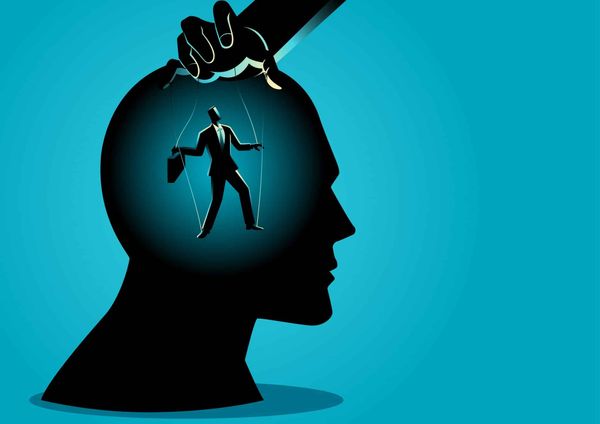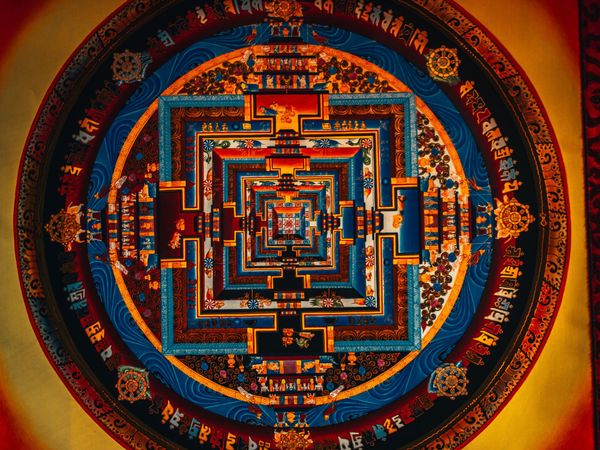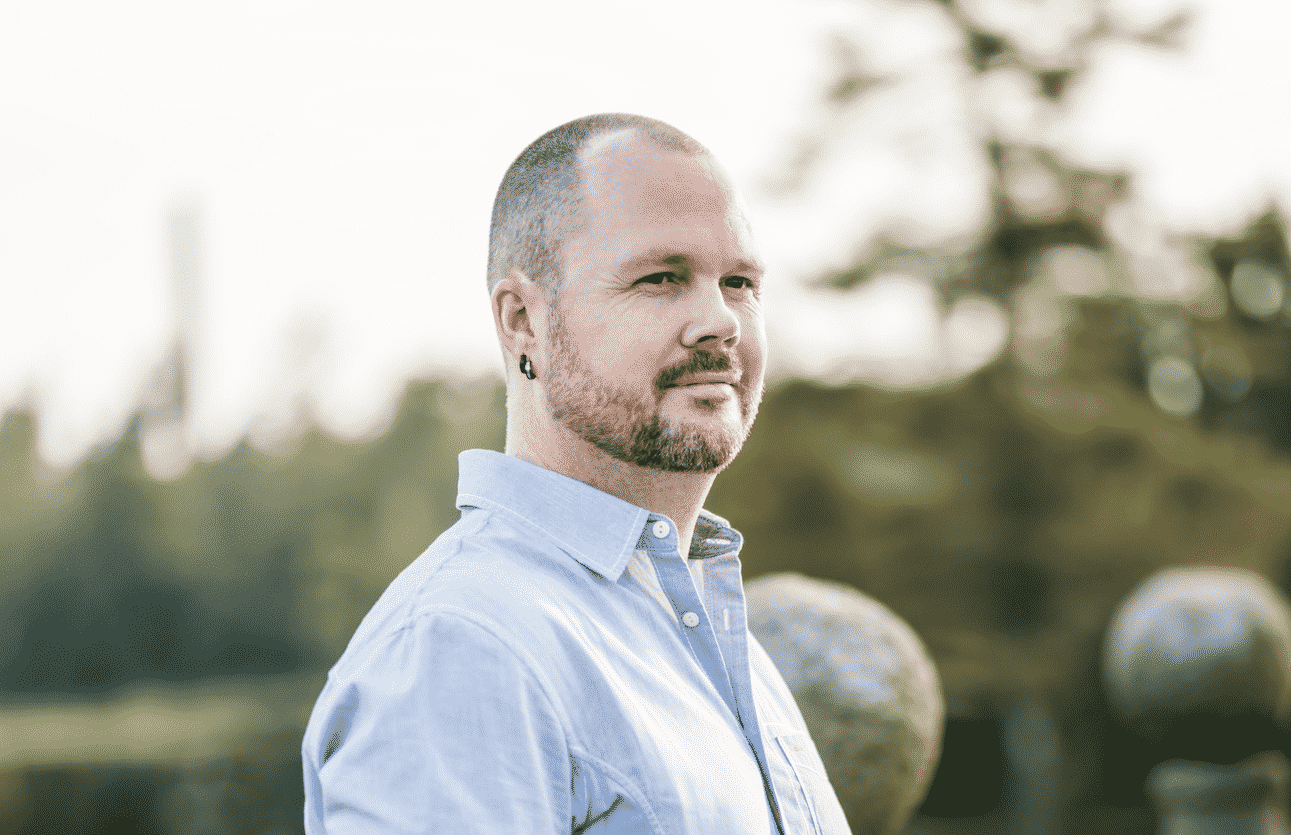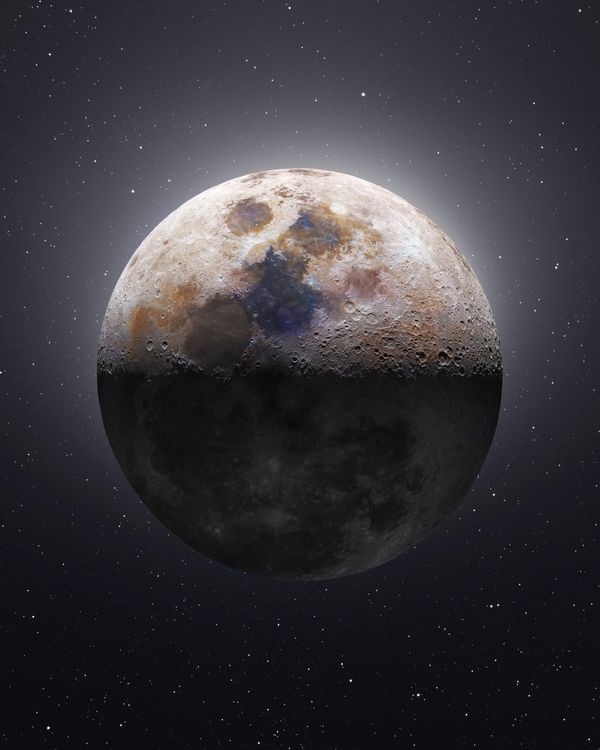Steve Taylor • • 5 min read
Lockdown as Spiritual Retreat: Making Confinement Work for You
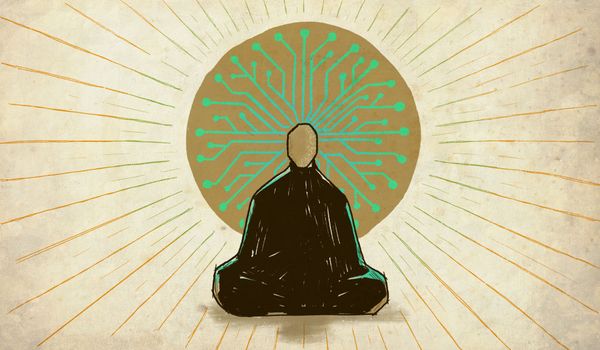
One of my favourite ever TV programmes was a BBC documentary series called The Monastery, broadcast 15 years ago.
The series followed the experiences of five men who lived as Benedictine monks for several weeks. At first, they found a lack of activity and stimulation difficult to get used to. They missed socializing, watching TV, and even found the quietness a little unnerving.
But soon, to their surprise, they found that the silence and stillness of the monastic life had a powerful therapeutic effect. They began to feel lighter and more balanced, somehow more in tune with themselves. Although only of the participants actively religious, they described the experience in ‘spiritual’ terms.
As one of them, Tony, described it, “I was put in touch with a spirituality deep inside me which has given me the energy and inclination to strive for so much more in my life and appreciate what’s important and be a better person and lead a better life.”
After the series, Tony continued to make frequent visits to the monastery. Another participant, Anthony, became a Buddhist monk, while another, Nick, decided to train as an Anglican priest.
Around the same time, there was a beautiful film called Into Great Silence with a similar premise. The director, Philip Groening, spent six months living in a Carthusian monastery in the French Alps, spending most of his days in silence and solitude like the monks.
After a few weeks, he realized that he was changing inwardly and starting to see his surroundings differently. He began to feel an altered sense of time, with a sense of presentness and alertness. Seemingly mundane objects became intensely real and beautiful. “There was a change as my perception of the present moment helped me to see more,” he says. “My level of awareness became different.”
As a result, Into Great Silence, is full of strikingly beautiful images. Again, the quietness and inactivity of the monastic way of life had an awakening effect on him.
A Time of Retreat
These stories are relevant because at the moment, during this time of lockdown, many of us are living much more quietly and slowly than normal.
We may not exactly be living like monks, but we are certainly living restricted lives, with very little to keep us busy. In effect, many of us are on retreat.
Under normal circumstances, some of us find quietness and solitude unsettling. We live our lives against a backdrop of incessant noise — the chatter of TVs and radios, the roar of passing cars and airplanes, the clanging and whirring of machines. We’re so accustomed to this background ‘white noise’ that when it ceases we may feel uneasy.
Quietness and solitude can also expose us to discord in our minds, which we’re normally unaware of simply because our attention is always focused externally. But in times of quietness, our minds start to chatter away, creating a sense of disturbance inside us. Negative thoughts and feelings emerge.
We begin to question our lives and doubt ourselves.
We might even feel an uncomfortable sense of being trapped inside our heads, in separation from other people and the world ‘out there.’
But this is largely just a question of habituation. As I show in my book Back To Sanity, once we get used to living quietly and slowly — and once our chattering minds start to slow down — they can have a strangely therapeutic effect, as The Monastery showed.
One example that I discuss in Back to Sanity is the novelist Sara Maitland, who spent six weeks in silence and solitude in a remote cottage on the Isle of Skye in the Scottish Highlands.
The first thing that she was aware of was a heightening of perception. As she describes it, “By the end of the second week I was feeling everything with an extraordinary degree of intensity.”6
Later she began to experience a strong sense of oneness with her surroundings, and a growing sense of wellbeing: “Moments of intense happiness, followed by a powerful conviction that the moment was somehow a pure gift.”
Harnessing the Positive Aspects of Confinement
Although many of us are understandably finding our present predicament very difficult, I believe that there are potentially some therapeutic effects. It’s possible that we may experience some of the powerful experiences described by Sara Maitland or by the participants of The Monastery.
Of course, I’m aware that this may not be possible for some people.
People who have a lot of underlying psychological discord, or who live in crowded conditions or who are in turbulent relationships, may find it much harder to access any of these positive effects.
It’s partly a question of temperament too. People are naturally introverted and reclusive will find the lockdown easier to deal with than people who are extraverted and used to socializing.
However, there are certain practices we can follow which will help us to harness the therapeutic potential of the lockdown.
Let me offer five, interrelated tips.
Acceptance.
If you keep thinking about how great your life was before the lockdown, and about how awful it is now — about all the things you can’t do and all the people you can’t see — then you will feel frustrated and unhappy.
One of the greatest pieces of advice I have heard is, “If you can’t change a situation, don’t resist it. Just accept it.” So tell yourself that this is the way things are, that this is your life, for the time being.
Don’t fight the situation — embrace and accept it.
Live in the Present.
Don’t think too much about the past or the future.
Just live from moment to moment, taking each day as it comes. Pay attention to your experience on a moment to moment basis. Be mindful.
Look out of your window or go into your garden (if you have one) and look around slowly, paying attention to everything which comes into your range of vision. Do the same when you go out shopping or doing exercise.
Appreciate the Small Things.
This is the time to appreciate the small things in our lives, which are normally too busy to pay attention to. It’s the time to appreciate food and drink, the natural world around us, the sky, the moon and stars and the people who are close to us.
Above all, we should feel gratitude for life itself — the simple miraculous fact of us being alive in the world at this moment.
Trust Yourself.
One thing that my research as a psychologist has taught me is that human beings are much stronger than we think.
There are reserves of resilience inside us that we only become aware of when we are challenged or face difficulties. Even if you think you can’t cope with the situation, you will be surprised to find that you can.
Reframe the Situation.
Think of this period as an opportunity.
It’s not going to last forever, and it may be a long time before anything like it happens again. Don’t think of the lockdown as imprisonment — think of it as a spiritual retreat. Some people go on meditation retreats or yoga holidays to feel rejuvenated.
Now many of us are on an enforced retreat from our normal hectic, stressful lives.
In my role as a psychologist, I have become aware of the therapeutic power of these practices.
At the end of this period of retreat, we may return to our normal lives feeling more whole, and more human. We may become more centred in the present, rather than focused on the future. We may become more aware of the vivid beauty of our surroundings, rather than giving all our attention to tasks and activities.
Rather than losing ourselves in our roles and responsibilities, we may become attuned to our authentic selves Rather than looking for happiness outside us, by buying and doing things, we may find simple happiness than emerges naturally just from being.
Dr. Steve Taylor is a psychologist at Leeds Beckett University and the author of several best-selling books on spirituality and psychology, including the Leap and Spiritual Science. He is the present chair of the Transpersonal Psychology Section of the British Psychological Societ. www.stevenmtaylor.com

